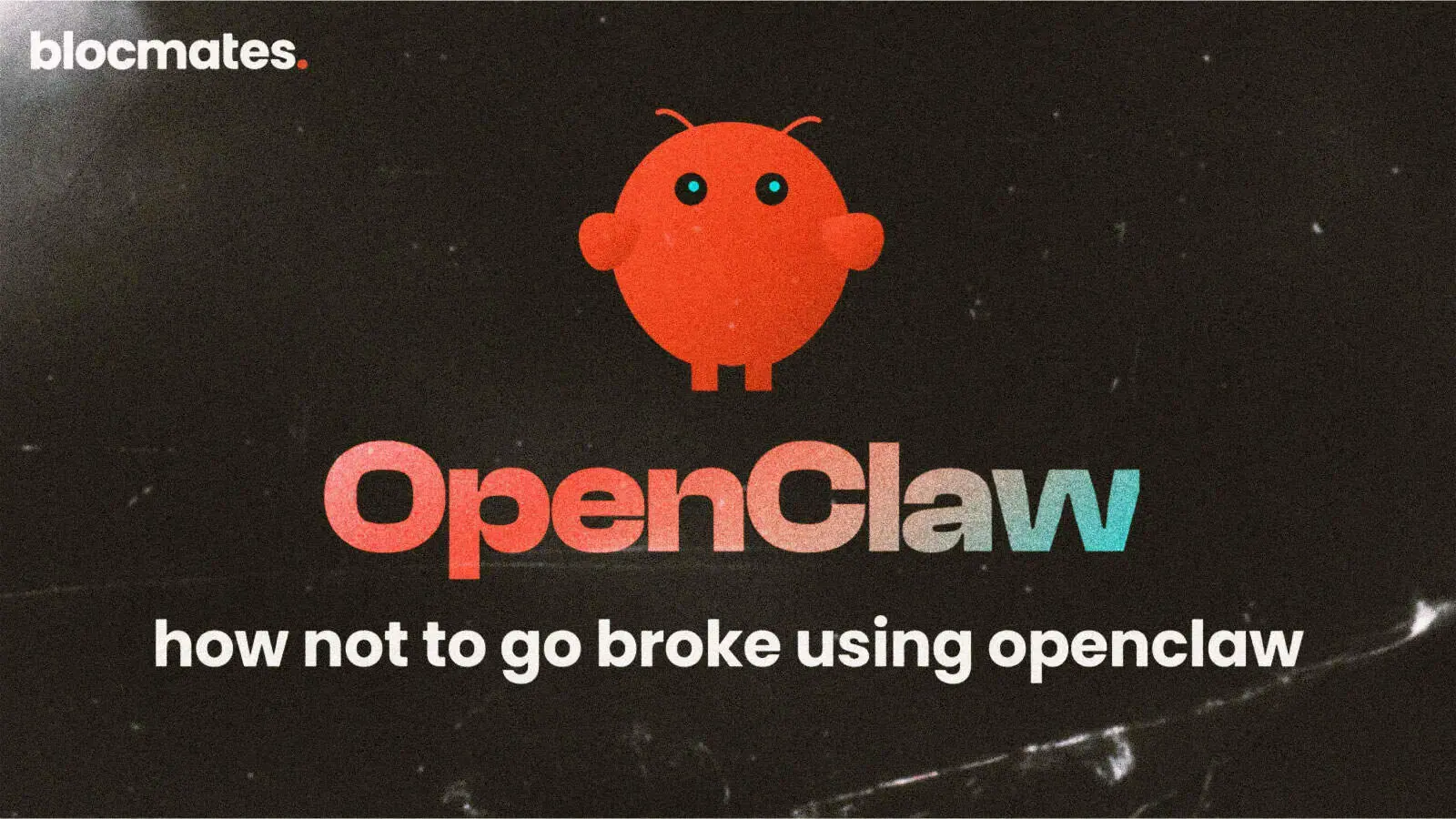Roger Ver, the early Bitcoin advocate often referred to as “Bitcoin Jesus,” has reportedly struck a tentative agreement with the U.S. Department of Justice to resolve his long-running tax fraud case.
According to sources cited by the New York Times, the deal would require Ver to pay back roughly $48 million in unpaid taxes, potentially allowing criminal charges against him to be dropped if he complies with the terms of the arrangement.
Deferred prosecution and political context
The proposed settlement, which has not yet been filed in court, is structured as a deferred prosecution agreement. If finalized, Ver would avoid trial and eventual conviction so long as he fulfills the payment obligations and any additional requirements.
The 46-year-old investor was indicted in 2024 for allegedly concealing the full value of his Bitcoin holdings while preparing tax filings linked to his 2014 decision to renounce U.S. citizenship.
The case reflects the broader shift in U.S. crypto policy following Donald Trump’s return to the presidency. The Biden administration had pursued aggressive enforcement actions against digital asset companies, with the SEC suing major exchanges like Coinbase and Binance.
But since 2025, many of those lawsuits have been dropped, and Trump has issued high-profile pardons, including for Ross Ulbricht, the creator of Silk Road, and executives from BitMEX.
Ver, like other industry figures, has sought to align himself with the administration’s stance, reportedly hiring prominent Trump associates and lawyers to lobby on his behalf.
A controversial figure in crypto’s history
Ver, who was arrested in Spain last year while facing extradition to the U.S., has been a central figure in crypto for more than a decade.
He earned his nickname “Bitcoin Jesus” for his early evangelism of Bitcoin but later became one of the leading proponents of Bitcoin Cash (BCH) after the contentious 2017 hard fork.
Despite his influence, Ver’s legal troubles show the complicated relationship between cryptocurrency pioneers and financial regulators.
Prosecutors alleged that by failing to disclose the full scope of his Bitcoin holdings before relinquishing U.S. citizenship, he violated requirements that all Americans must settle outstanding tax obligations.
In January, Ver publicly claimed that prosecutors were threatening him with a possible 100-year sentence, framing his case as politically motivated.
On X, he appealed directly to President Trump, writing: “Mr. President, I am an American, and I need your help. Only you, with your commitment to justice, can save me.”


































.webp)

.webp)
.webp)

%20(1).webp)



























































%202.webp)


.webp)

.webp)
.webp)
.webp)


.webp)
.webp)

.webp)
.webp)
.webp)


.webp)
.webp)










.webp)


.webp)









.webp)







.webp)




.webp)


























.webp)







.webp)















.webp)

.webp)
.webp)

.webp)













.webp)

.webp)


.webp)








.webp)




